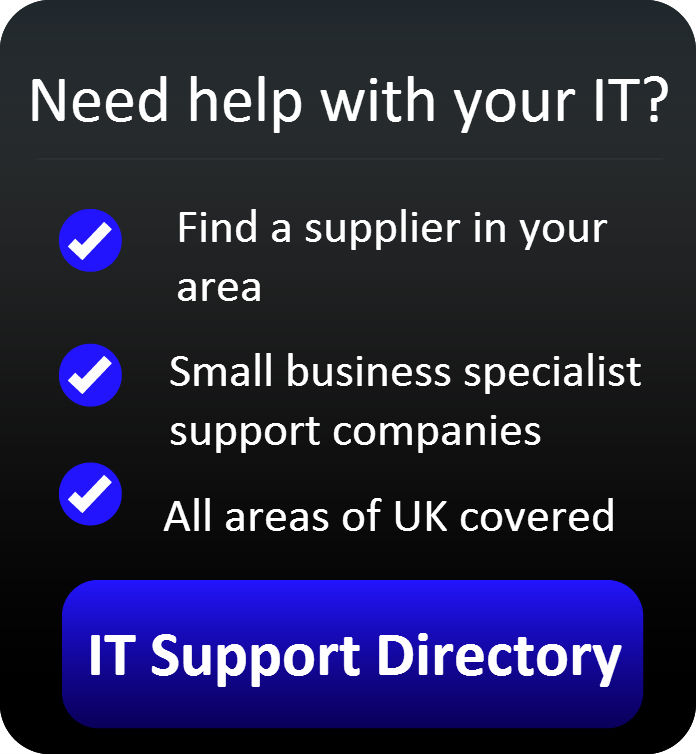Business web hosting
 Web hosting allows you to publish your company website on the internet where other people can see it.
Web hosting allows you to publish your company website on the internet where other people can see it.
Your choice of web host can affect the speed your website loads at, its ability to handle large numbers of visitors and its availability. Picking the right web hosting service will make your website more effective.
Web hosting options
When you buy web hosting, you get access to one of more servers which are permanently connected to the internet. By uploading your website files to these, your site becomes available online.
You’ll encounter different types of web hosting. The most common options are:
- Shared web hosting. This gives you a limited amount of space on a server which also hosts a number of other websites. It’s cheap (often less than £5 a month) and suitable for most new and low traffic websites.
- Virtual private servers. This also gives you space shared with other websites, but offers more flexibility to change and customise settings. It’s good for growing websites and costs from £15 a month.
- Dedicated web hosting. This gives you exclusive access to a server which doesn’t host anyone else’s websites. It’s good for important or busy websites and costs from £50 a month.
- Cloud web hosting. A relatively new option, this can be scaled up or down to satisfy your needs. You generally pay for the resources you use each month. It’s good for websites with unpredictable requirements.
Your hosting requirements may be an important consideration when deciding how to build a website. For example, most template-based website creator packages usually include business hosting.
Similarly, if you’re working with a web design agency, hosting might be included. In this case, you still need to consider how appropriate the hosting is to your specific needs.
How to choose a web host
The key things to consider when you choose a web host are:
- Capacity. Business hosting packages limit the total size of files you can upload and the amount of traffic your site can receive. If you exceed the limits, you usually have to pay an extra charge.
- Functionality. Your website can be built using a number of different technologies. Make sure your host allows the ones you choose.
- Reliability. Your website should be available 24/7 – particularly if you rely on it to generate business.
- Service and support. Round-the-clock support is important – especially if you don’t have your own technical staff. Look for a service level agreement (SLA).
- Security. Make sure your hosting company takes precautions to guard against hackers and backs your files up regularly.
- Contract. Watch out for long contract terms and expensive extras in the hosting agreement.
It can be hard to estimate exactly how your website will grow and what changes you will make in the future. This means it’s often a good idea to start with a cheap web hosting package which you can upgrade easily when you need to, rather than opting for a more expensive package from the start.
However, do be aware that the very cheapest packages can be a false economy. Their deficiencies will show up at crucial times – like when your site receives an unusually high number of visitors or you urgently need support.
It’s a good idea to look for a guaranteed level of service from your web hosting provider. This is usually provided in the form of a service level agreement (SLA) stating the service you can expect – and entitling you to compensation if those targets are missed.
- What to check when you choose a web host
- How to find affordable web hosting for your business
- Tips to get the most reliable web hosting




